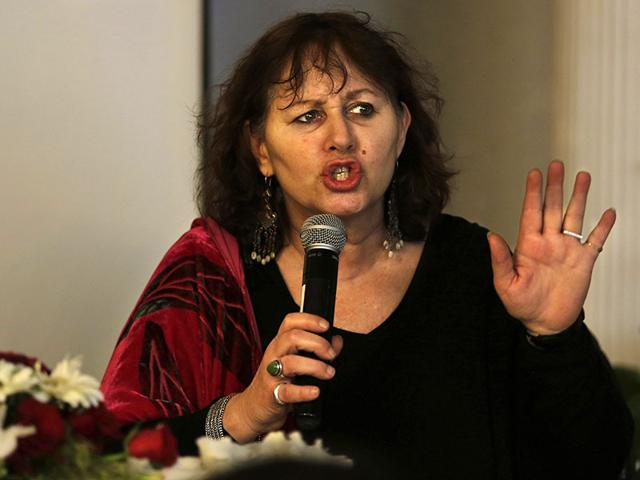Fish and chips, the Queen, bond — they all have to go
If there’s one thing that stands out in the film, it’s the courage of the young victim. It was courage that prompted her to strive for a brighter future against all odds, taking a night job in a call centre to pay for her education. It was this courage that allowed her to dream of setting up a hospital in her village.
Dear BBC

I am outraged. Why did you show Leslee Udwin’s documentary even after the government banned it? Did not Venkaiah Naidu say the film was an international conspiracy to defame India? The US and the UK, along with Pakistan, liberals, China, beef-eaters, and suit-makers are all part of this conspiracy. Is your real name Bash Bharat Corporation? Don’t you know our 5,000-year-old civilisation, which has proudly survived invasions, wars, plagues, pogroms and famines, is in imminent danger of being overthrown by Priya Pillai, documentaries, conversions, rapist interviews and by cussing in movies?
Let me explain why the government banned the film. Recall that the victim’s father says he had to sell his ancestral land to pay for her education and his brothers asked him what was the point of doing it for a daughter? That’s the kind of statement which shows Indians in a bad light. We in India do not discriminate between boys and girls, never mind the female foeticides or the advice the prime minister gave us in his Independence Day speech. And is India the only country with such regressive attitudes? To be balanced, Udwin should also have shown honour killings in Pakistan, rapes in Nigeria and patriarchy in Papua New Guinea.
If there’s one thing that stands out in the film, it’s the courage of the young victim. It was courage that prompted her to strive for a brighter future against all odds, taking a night job in a call centre to pay for her education. It was this courage that allowed her to dream of setting up a hospital in her village. It was courage that made her fight the rapists and for which she paid with her life. What if the inspiring message of this brave young girl goes out to all the women in the country? What if they rise up against patriarchy, against the kind of attitudes held by the rapists and the rapists’ lawyers and the traditionalists? That could lead to civil strife and the breakdown of the family. What would the khap panchayats say?
I hope you now understand why we banned the film. So that you don’t make the same mistake again, here are some guidelines about making films in India. You shouldn’t, of course, make documentaries about religion, or politics, or caste. Avoid films about women unless it’s about fashion or cosmetics. You can do history, but make it before AD700. Poverty and disease are off limits. A film on Indian cuisine should be ok, but meat is a no-no. If you want to do a really critical film, you could do one on the existential angst of the Indian dung-beetle. Nobody will be offended by it.
If you persist in your pig-headedness, please remember 1) India is a huge market and 2) we buy loads of planes, weapons, ships, helicopters and stuff. We will also ban the BBC, fish and chips, Shakespeare, James Bond, Dr Who, Manchester United and the Queen. And if the YouTube ban doesn’t work, we will ban Google, Facebook, Twitter, Whatsapp and even email. Be warned, we will ban everything. We have to protect India’s image.
Manas Chakravarty is Consulting Editor, Mint
The views expressed by the author are personal





